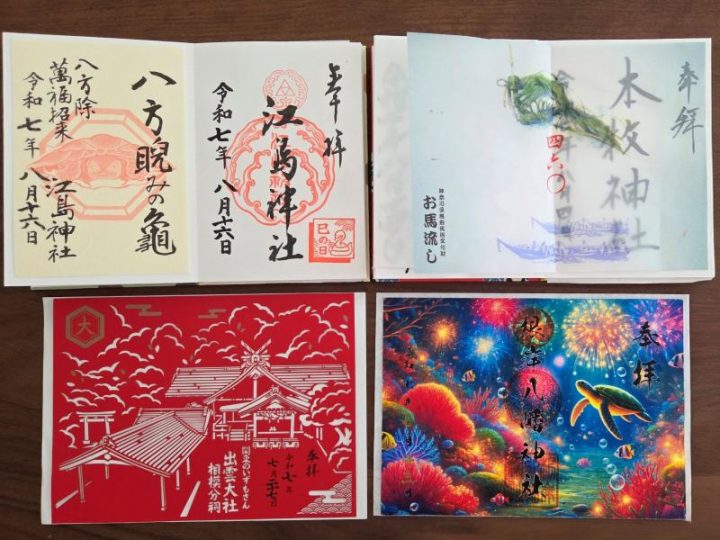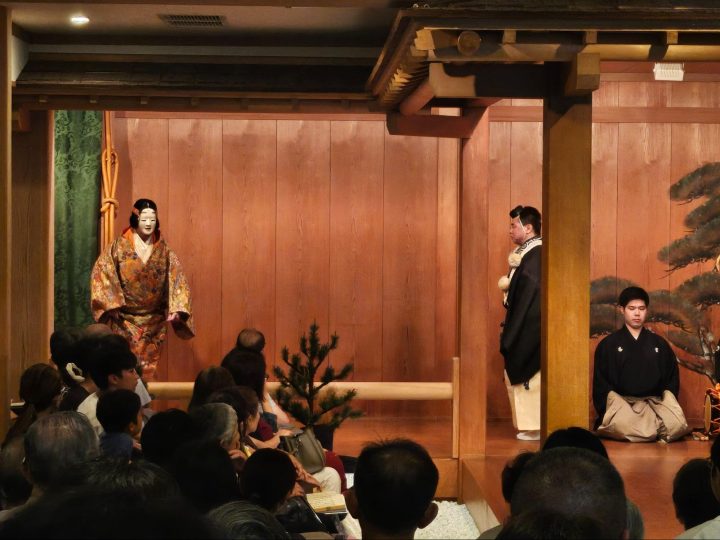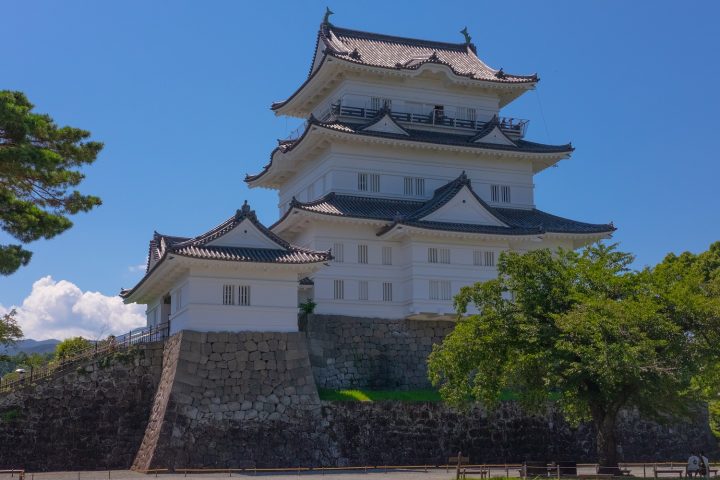Crafty Kanagawa Creations
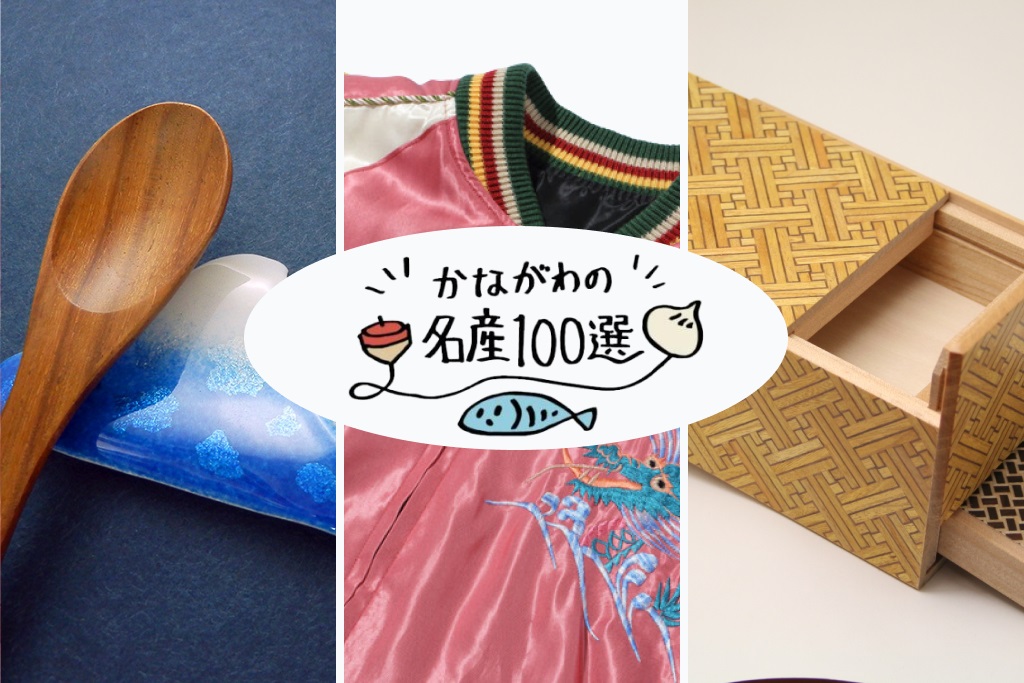
Kanagawa holds a wealth of artistic creativity; from Venetian glass museums, display food replicas, and culinary delights, the prefecture is home to some of Japan’s most spectacular creations. The same is true for authentic crafts of the prefecture. Explore Kanagawa’s certified crafts by learning more about three of their handicrafts and where to find them.
Sukajan from Yokosuka
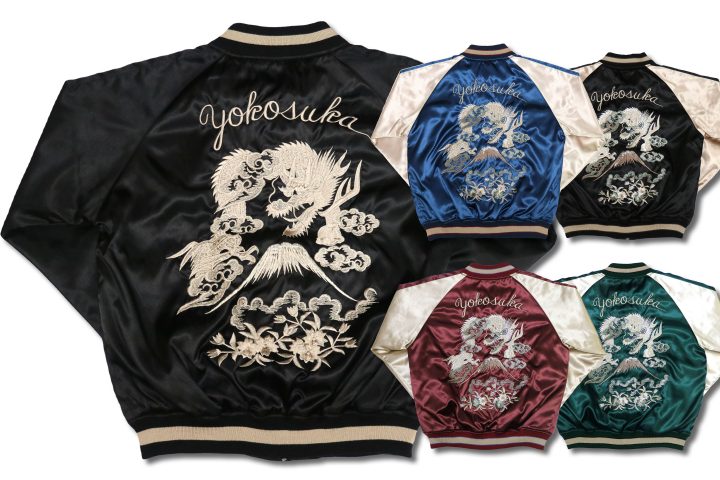
Sukajan, or Yokosuka bomber jackets, have a history dating back to WWII. After the end of the war, remnants of silk parachute capes were transformed into light jackets resembling varsity jerseys. Later these jackets were embroidered with military and Japanese-inspired imagery—often similar in style to Japanese tattoos.
The jackets later became a popular subculture with Japan’s youth during the 1960s and so became associated with a rebellious and anti-establishment image in recent decades. However, public opinion has shifted thanks to celebrities and fashion enthusiasts bringing back appreciation for this fashionable, homegrown craft.
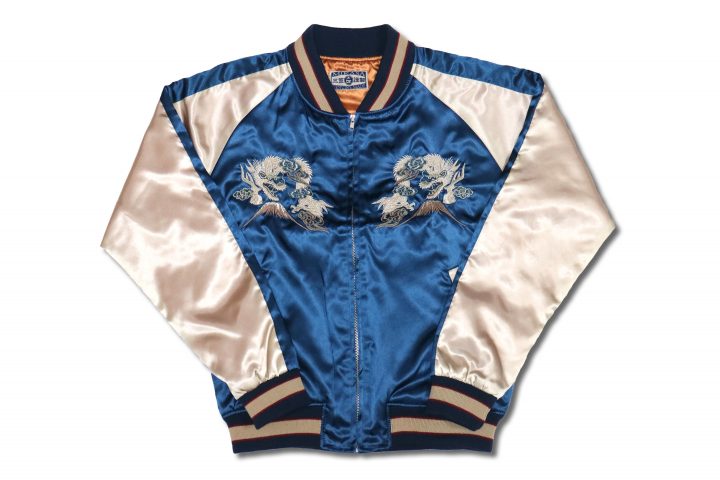
What sort of embroidery can you expect for a sukajan? Just about anything, to be honest. More popular motifs include Mount Fuji, koi fish, big waves, cherry blossoms, dragons, and tigers. Some even feature pop icons like Mario or anime characters.
If you’re on the prowl to don one of these gorgeous jackets, make your way to Yokosuka’s Dobuita Street. Expect an authentic and wellmade sukajan to cost at least 10,000 yen or more. Remember, you get what you paid for with these intricate, wearable crafts.
MIKASA
URL: https://dobuita.stores.jp/
Address:2-7 Yokosuka, Kanagawa
Telephone: 046-823-0312
Hours: 11 am–6 pm everyday
*Products listed may not be currently available.
Please check the official website for details.
Yosegi from Hakone
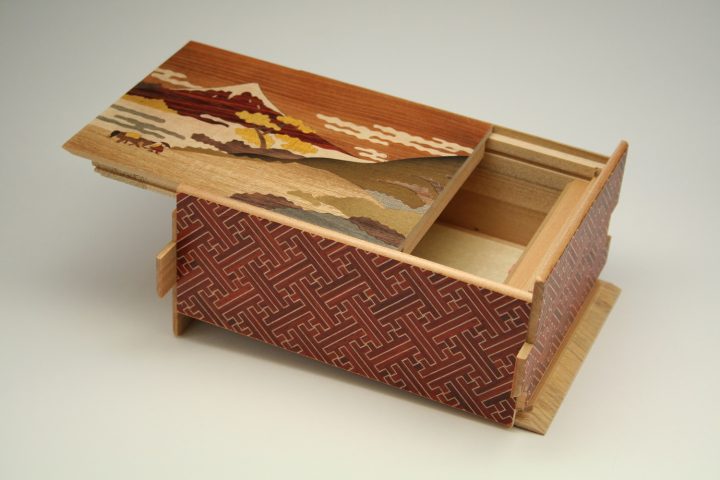
Hakone parquetry is geometric art at its finest. Called yosegi, this wood inlay process originated in the mountains of Hakone. Yosegi uses the natural colors of various woods to create intricate and complex geometric patterns. With more than 400 years of history, this craft is nationally recognized as a special craft of Japanese culture.
One visit to Hakone and you’ll realize that the area is rich in natural beauty and resources. This was not lost on the people of the Edo period, who began to make wooden bowls and other tools. Attributed to Jinbei Ishikawa, the yosegi process really took off about 200 years ago after the skilled craftsman took different species of wood, glued them together to form boards, and then cut the boards into thin sheets. The pattern revealed would be something one of a kind and beautiful.
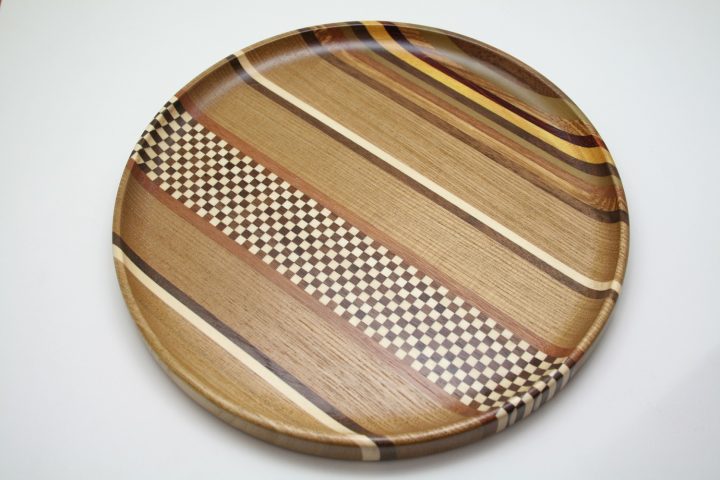
Nowadays, yosegi parquetry is often used to decorate himitsu bako, or secret boxes; these puzzle boxes can have over 100 steps to open them and are a fascinating work of ingenuity and art. You can also find keychains, coasters, bowls, and many other household or decorative items.
Interested in finding your own piece of yosegi? Make your way to Hakone and discover the many stores there that offer museums, shops, and even workshops to make your own.
Hakone Maruyama
URL:https://www.hakonemaruyama.co.jp/
Address: 17 Hakone, Ashigarashimo, Kanagawa
Telephone: 0460-83-6604
Hours: 9 am–5 pm everyday
Note: Workshop available by reservation
Shippoyaki from Shonan
It’s no wonder that enamel crafts from Shonan are called shippoyaki or seven jewel gems. The high-temperature firing of glass glaze applied to the base of metal results in one of the most stunning Japanese traditional crafts that is reminiscent of cloisonne jewelry.
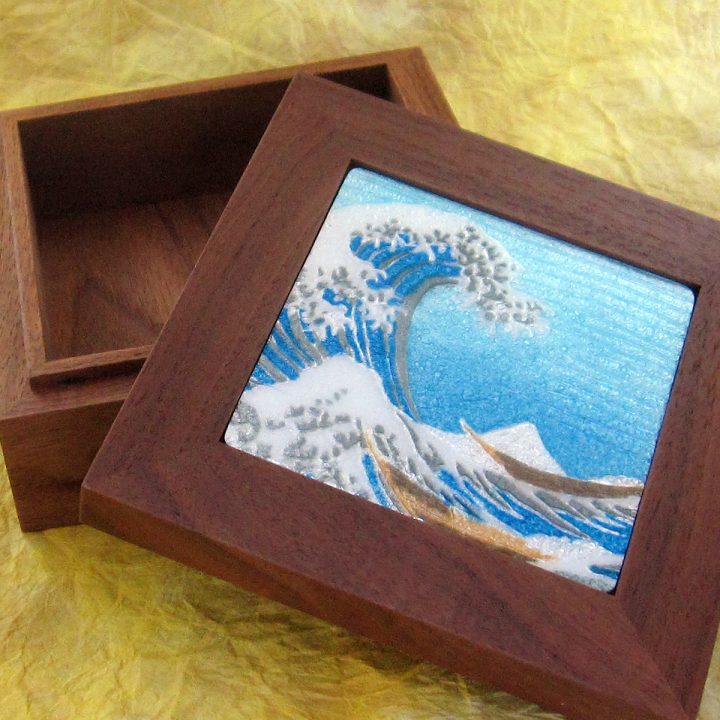
Introduced to Japan via the Silk Road during the Asuka and Nara periods (539 to 794), the prized craftsmanship of cloisonne began to take a very Japanese turn until it was developed into its own unique style during the Edo period.
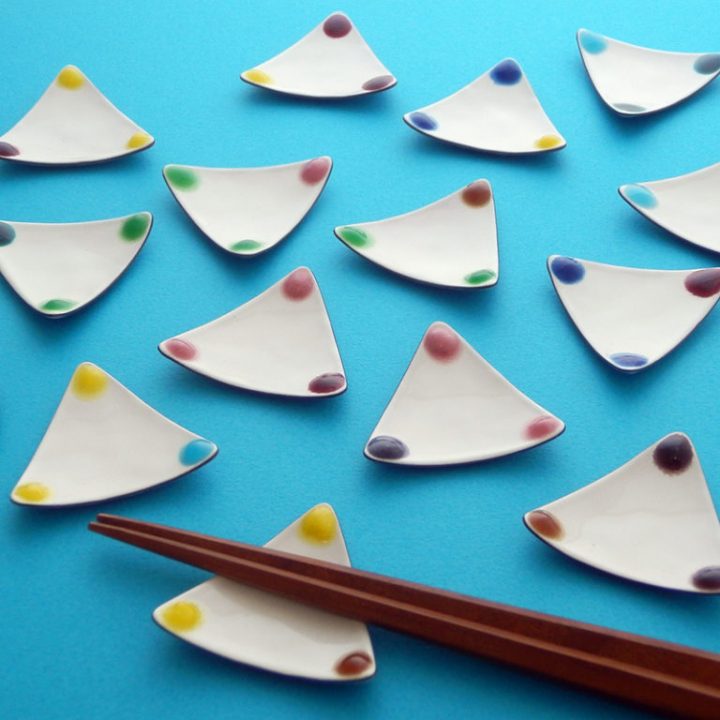
Today, shippoyaki enthusiasts and those interested in owning a piece of the jewel-like handiwork can expect to find it decorating ornaments, accessories, tableware, name plates, and even take part in hands-on experiences of making their own piece in a shippoyaki workshop. Whether you’re looking for something traditional or with a more modern flair, Shonan is the best place to find your own jewel enamel treasure.
Shonan Enamel
URL:https://www.shonanshippoyaki.com/
Address: 328-12 Amanuma, Chigasaki, Kanagawa
Telephone: 0467-51-2050
Hours: 10 am–6 pm
Closed: Wednesdays and the 1st and 3rd Tuesday of the month
Note: Workshop available by reservation.
As you can imagine, there are countless more Kanagawa crafts for you to discover on your journey through the prefecture. These three are simply an appetizer of what to expect. The skill and craftsmanship in every piece will dazzle your senses and bewitch you to delve deeper into artful Kanagawa creations.
Click here to see the 100 best products from Kanagawa

